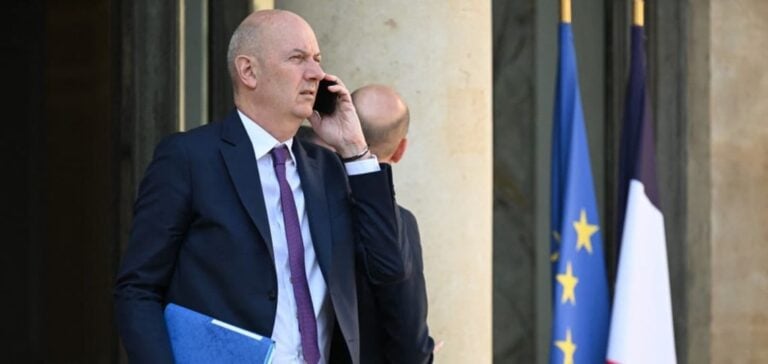Roland Lescure, Minister Delegate for Industry and Energy, has called an important meeting with Marc Benayoun,EDF Executive Director, and representatives of industry federations. Participants included leaders from Uniden, UIMM, France Industrie, CLEE, France Chimie and METI. The aim of the meeting was to speed up the conclusion of long-term supply agreements, essential for the country’s energy and economic stability.
Challenges for EDF and industry
The discussion focused on the need for EDF, faced with colossal debt, to secure financing for its future nuclear projects, while offering competitive rates to its large consumers. Industry representatives, such as those from France Chimie, have expressed concern about the expected increase in tariffs, highlighting the challenges of maintaining competitiveness in the face of the lower tariffs seen in Norway and the USA.
The position of the various federations
Each federation presented its perspectives and requirements. UIMM and METI stressed the importance of affordable energy to support the manufacturing industry. CLEE and France Industrie, on the other hand, emphasized the sustainability and predictability of energy costs. France Chimie highlighted the pressure of rising costs on the 4,000 chemical companies it represents.
EDF’s responses and strategies
Marc Benayoun reiterated EDF’s commitment to supporting the energy transition while meeting the specific needs of its industrial customers. He discussed the terms and conditions of long-term contracts, which would include volume and tariff commitments to facilitate the pre-financing of EDF’s nuclear initiatives.
A monitoring mission, headed by Philippe Darmayan, former Chairman of ArcelorMittal France, and Julien Janes, former Director of the French Energy Regulatory Commission (CRE), has been set up to oversee the progress of negotiations. This mission will ensure that the final agreements meet the requirements of all stakeholders and support the national energy transition objective.






















